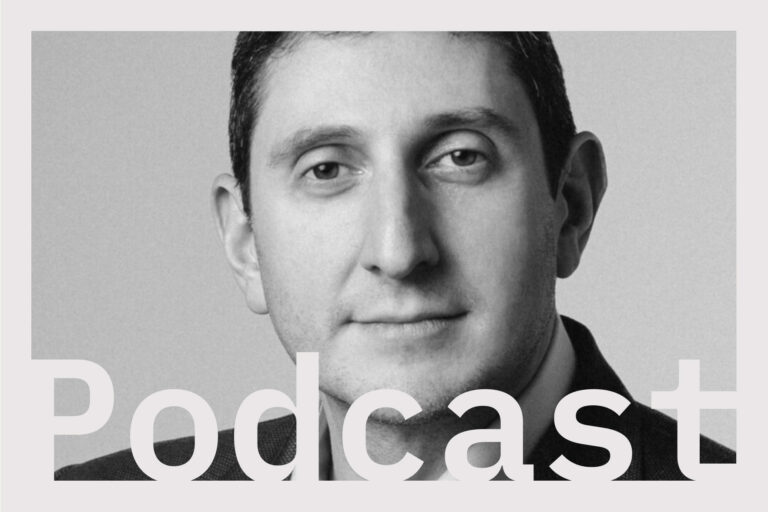
Before the coronavirus pandemic, everybody was circling around digital. Now, it is part of the DNA. We’ve seen some fundamental shifts in the way businesses are thinking. It used to be “digital in a box”, but now it’s just digital – it is who we are, it’s how we communicate, it’s how we work, it’s how we drive revenue. No longer will digital be just the shiny object in the corner.
Against the backdrop of the virus, organisations have realised that this is how we must exist. It is pushing people to rethink what they’re doing, and what they’ve thought was really good was actually not good enough. This rings especially true when it comes to government.
Government has for too long been behind the digital curve. The technology capabilities of government, especially at all levels in the United States, are nowhere near where they need to be. There are several reasons for this, but the biggest barrier has been culture.
Most governments do not understand the potential power digital, data and innovation play in our world today. Let’s be honest. Historically, the culture hasn’t supported technology and the leadership hasn’t supported it. Top people in technology don’t wake up and say they want to go and work for the government, and we have to ask ourselves why.
Think about the bureaucracy; the government is there to be a bureaucracy; they do not need to be efficient or effective. It is a political organisation. Their thinking is often antiquated, their functionality is often outdated, their systems are almost always antiquated – they don’t really have a concept of how to move at the speed of digital. Then there’s the overwhelming feeling from taxpayers that the government doesn’t exist for them, but it exists for itself.
They are technologists who have the passion, the purpose and the vision to move these monolithic organisations to the future
When you bring in digital, there is no politics to it – it’s all about making things very simple and effective. All of the inefficiencies need to be eliminated. The whole idea of government must be rethought, and the mindset has to change.
Citizens are demanding a good experience and a great relationship with their government. They want their technology to benefit them. Where’s blockchain when I want to pay my taxes? Where is the artificial intelligence when I go to pay a speeding ticket? Where is the predictive analytics to tell me that your budget is going to have a surplus or be deficient?
Here in the US, we’ve seen a lot of people moving from state-to-state in recent years. That’s because there’s no real reason anyone has to be in any one state. What the states have to realise is that citizens are now true customers and have the ability to take themselves, their money and their taxes somewhere else. This idea of customer service and personalisation now has to exist, this idea of design thinking that the government and my needs are driven by me, and no longer by you.[Text Wrapping Break][Text Wrapping Break]Thankfully, one positive side-effect of the pandemic will be a faster shift to a different mentality, new technologies and eGovernment.
eGovernment is what the future of government will be. It’s really about a constituent, at the local, state and federal level in the United States for example, having a government that works for them, who knows who they are and gives them what they need, when they need it.
It’s an app in their back pocket, so they can do everything they possibly want: pay their taxes, register their car, arrange their benefits, sort their health insurance. All in one app, one single source of truth, their front door to all things government.
To get there, our authorities must hire the right people. They are technologists who have the passion, the purpose and the vision to move these monolithic organisations to the future. It’s a huge change but, at last, the tide appears to be turning. Long Live Digital!

Dr Paul J Bailo is an Executive – Digital Strategy, Data & Innovation. Paul has substantial experience overseeing the full range of digital strategies and driving change across diverse blue-chip firms including MasterCard, American Express, GE Money, Citibank, and the Federal Reserve Bank of New York. Leverages digital transformation strategies to create revenue growth opportunities.


